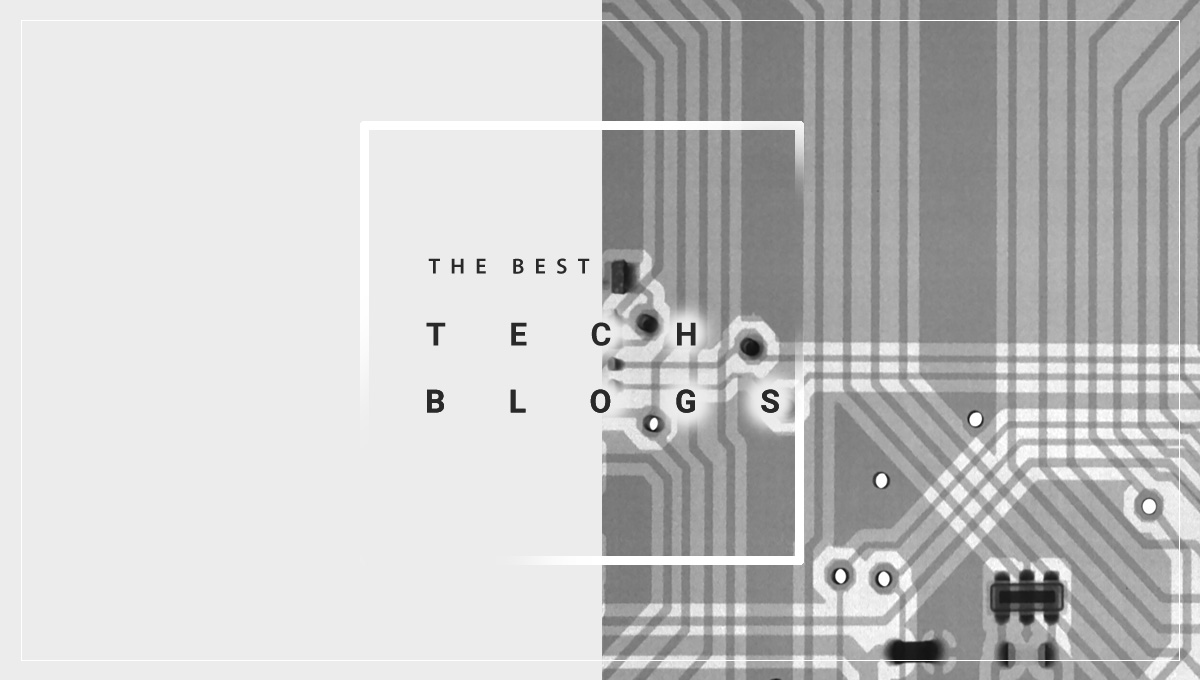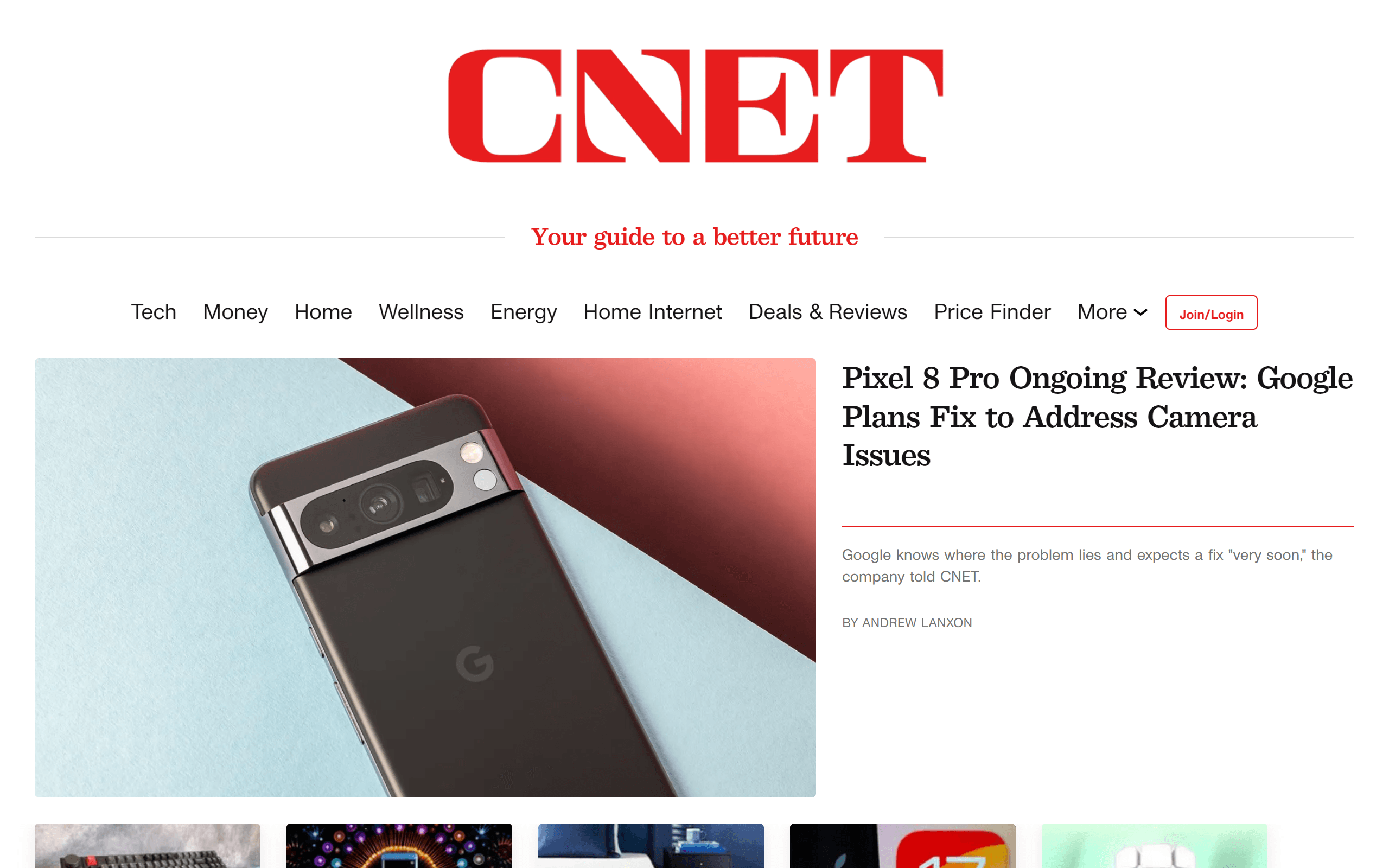Boost Your Understanding with the Best tech blog Including Industry Professionals
Boost Your Understanding with the Best tech blog Including Industry Professionals
Blog Article
Just How Blockchain Innovation Is Revolutionizing Information Safety And Security
Blockchain innovation is basically modifying the landscape of information safety and security by presenting a decentralized structure that assures boosted transparency and durability. Unlike conventional systems, which depend on centralized data repositories, blockchain distributes information throughout a network, minimizing susceptabilities and single points of failure. The use of sophisticated cryptographic techniques makes certain that information remains tamper-proof, cultivating count on among stakeholders and customers. As markets quickly adjust to this modern technology, inquiries occur about its wider influence and potential obstacles. What ramifications does this shift hold for future data protection strategies and regulative frameworks? The responses may shock you (Best tech blog).
The Fundamentals of Blockchain
Blockchain innovation, a cutting edge concept in digital data monitoring, fundamentally changes exactly how information is stored and protected. At its core, a blockchain is a distributed ledger that tape-records purchases throughout a network of computers, guaranteeing transparency and immutability.
Key to understanding blockchain is the hashing procedure, which secures deal information right into a special alphanumeric code. This cryptographic function guarantees that any type of alteration in the transaction data causes a completely various hash, consequently safeguarding versus meddling. The agreement mechanism, another vital component, validates and verifies brand-new transactions through a network of nodes, thereby eliminating the demand for a central authority.
Additionally, blockchain's append-only framework guarantees that information, when added, can not be erased or changed. This characteristic warranties a long-term and proven document of deals, cultivating trust fund among individuals. Consequently, blockchain provides a robust structure for information honesty, offering industries a trusted method for monitoring and handling digital details in a secure, clear fashion.
Decentralization and Safety
Decentralization, a core concept of blockchain innovation, substantially enhances information safety and security by dispersing control throughout a network instead than counting on a single, central entity. This circulation mitigates the risk of solitary points of failing, which prevail in typical central systems. By spreading information throughout countless nodes, blockchain ensures that even if one node is endangered, the whole network remains safe and secure. This redundancy not just fortifies the honesty of the information yet likewise increases its strength to cyberattacks and system failures.

Furthermore, decentralization equips users with higher control over their data. Each participant in the network has accessibility to the whole blockchain, enabling them to confirm and examine transactions individually. This openness cultivates count on amongst customers, as they do not need to count on a main authority to make sure data honesty. Generally, decentralization contributes in boosting information safety and security in blockchain networks.

Cryptographic Methods
At the heart of blockchain innovation, cryptographic methods play a critical duty in guarding data, making certain both privacy and integrity. Cryptography in blockchain utilizes a combination of symmetric and crooked formulas to secure information, making it available just to accredited parties.
Hash functions are one more crucial component, changing input data into a fixed-size string of characters, effectively developing a special electronic fingerprint for every block. This makes sure that any type of effort to modify the information will lead to an entirely various hash, thus preserving the immutability of the blockchain. Electronic signatures verify the credibility and integrity of purchases, giving a layer of non-repudiation.
The decentralized nature of blockchain, integrated with robust cryptographic techniques, removes the requirement for middlemans, reducing potential susceptabilities. As blockchain innovation develops, improvements in cryptography such as zero-knowledge proofs and homomorphic security proceed to improve safety actions, even more strengthening information defense in this advanced digital journal system.
Use Cases Throughout Industries

In the medical care market, blockchain ensures the secure storage space and sharing of patient records, promoting interoperability while guarding delicate information from unauthorized accessibility. This technology equips people with control over their case history and promotes look at this site seamless control amongst health care suppliers.
Supply chain monitoring benefits considerably from blockchain's immutable journal, which ensures traceability and authenticity of products from beginning to consumer. By enhancing openness, blockchain helps mitigate issues such as counterfeiting and underhanded sourcing.
Additionally, blockchain's decentralized nature is improving the energy market by making it possible for peer-to-peer power trading, where customers can buy and sell excess sustainable power straight. This fosters a more reliable and sustainable energy community.
In the realm of intellectual property, blockchain provides a tamper-proof system for developers to sign up and shield their works, making sure rightful attribution and fair compensation. These diverse usage situations underline blockchain's role as a crucial force in redefining information safety and security throughout sectors.
Future of Information Protection
As we look to the future of information protection, blockchain modern technology is poised to play a critical function in safeguarding electronic info. With its decentralized and unalterable features, blockchain offers a robust framework for safeguarding delicate data versus unapproved accessibility and cyber risks. This modern technology ensures that as soon as information is recorded, it is almost difficult to alter without discovery, thus supplying a substantial advantage over traditional data storage space approaches.
The integration of blockchain with various other advanced technologies, such as fabricated knowledge and the Web of Points (IoT), is expected to enhance information defense strategies additionally. By leveraging smart agreements, companies can implement and automate safety procedures, minimizing human mistake and increasing efficiency. Furthermore, blockchain's capability to supply deducible and transparent deals will bolster trust fund and accountability in data monitoring methods.
As regulative landscapes evolve, blockchain's compliance-friendly nature will certainly come to be increasingly appropriate. It can aid companies satisfy rigorous information security policies, such as the General Data Security Guideline (GDPR) and the California Customer Privacy Act (CCPA), by offering proven documents of data processing activities. Ultimately, blockchain's distinct features setting it as a transformative device in the recurring mission to protect the digital globe against ever-evolving cyber threats.
Verdict
Blockchain modern technology represents a standard shift in data safety by leveraging decentralization and cryptographic methods to boost transparency, trust fund, and data integrity. Its her comment is here capability to eliminate solitary points of failure and utilize consensus mechanisms substantially lowers the threat of fraudulence and cyberattacks. This innovative structure not just empowers customers with higher control over their information yet likewise lines up with regulative compliance. As cyber risks progress, blockchain becomes a vital tool for robust information defense throughout different industries.
Blockchain technology is basically altering the landscape of data safety and security by introducing a decentralized framework that guarantees improved transparency and resilience. Unlike typical systems, which rely on central information repositories, blockchain disperses data throughout a network, lessening susceptabilities and single factors of failing.Decentralization, a core concept of blockchain modern technology, dramatically enhances information security by dispersing control across a network instead than relying on a singular, centralized entity.At the heart of blockchain modern technology, cryptographic strategies play an essential role in guarding data, ensuring both privacy and integrity.Blockchain innovation stands for a paradigm shift in information safety by you can look here leveraging decentralization and cryptographic techniques to boost transparency, trust fund, and information honesty.
Report this page